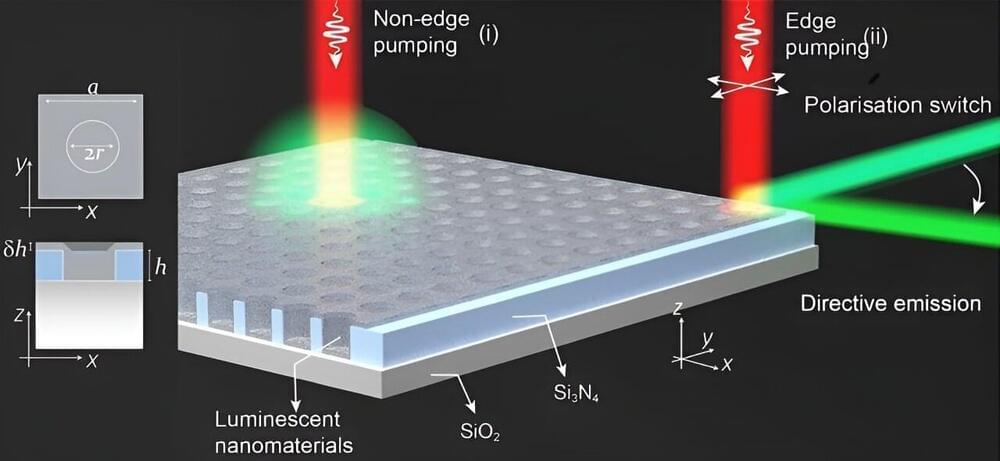National University of Singapore researchers and their collaborators have unveiled a novel concept termed “supercritical coupling” that enables a several-fold increase in photon upconversion efficiency. This discovery not only challenges existing paradigms, but also opens a new direction in the control of light emission.
Photon upconversion, the process of converting low-energy photons into higher-energy ones, is a crucial technique with broad applications, ranging from super-resolution imaging to advanced photonic devices. Despite considerable progress, the quest for efficient photon upconversion has faced challenges due to inherent limitations in the irradiance of lanthanide-doped nanoparticles and the critical coupling conditions of optical resonances.
The concept of “supercritical coupling” plays a pivotal role in addressing these challenges. This fundamentally new approach, proposed by a research team led by Professor Liu Xiaogang from the Department of Chemistry, NUS and his collaborator, Dr. Gianluigi Zito from the National Research Council of Italy leverages on the physics of “bound states in the continuum” (BICs).
